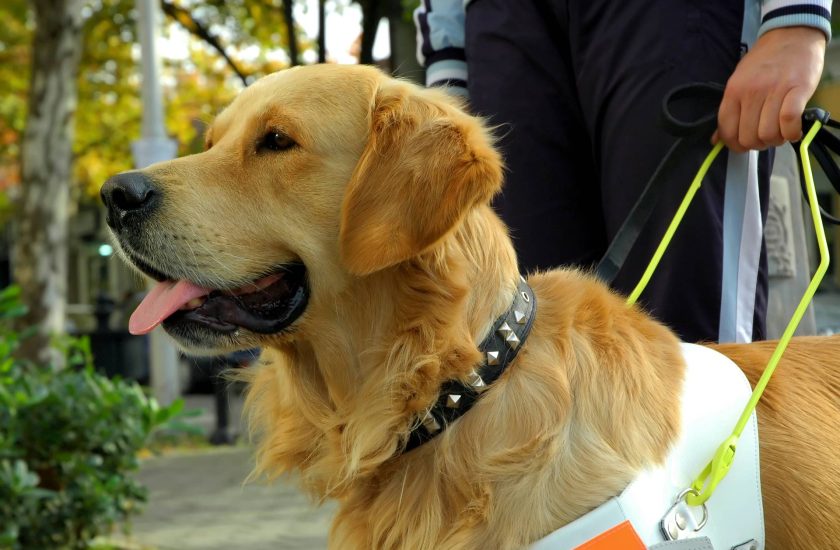Last month, a local restaurant entered into a Conciliation Agreement through the Arizona Office of the Attorney General, Civil Rights Division (ACRD), agreeing to comply with service animal protections as set forth in the Arizonans with Disabilities Act, the state law equivalent of the Americans with Disabilities Act.
The Conciliation Agreement followed a Reasonable Cause Determination, wherein ACRD found that the local restaurant discriminated against a Disability Rights Arizona (DRAZ) client, DP, who attempted to patronize the restaurant with their service animal. The service animal was trained to assist the symptoms of DP’s disabilities.
In June 2023, DP hoped to enjoy a meal, drinks and live music at the restaurant; however, a server at the restaurant informed DP that, due to the presence of his dog, DP had to sit outside on the patio. Despite DP informing the server that his dog is a service animal and escalating the matter to management, DP was refused service inside the establishment, and told that he and his service dog could only sit on the “dog friendly” patio outside. The restaurant incorrectly cited health code laws in refusing indoor service.
DP filed a public accommodation discrimination charge with ACRD. After conducting an investigation, ACRD issued a Reasonable Cause Determination in June 2024, finding that the restaurant violated the Arizonans with Disabilities Act by discriminating against DP on the basis of disability. After issuing the cause finding, ACRD invited the parties to Conciliation, a mediation process where the parties try to informally resolve their dispute.
DRAZ represented DP in the Conciliation process, leading to a settlement agreement whereby the restaurant agreed to the following terms:
- Issue payment including: (1) compensation for DP’s emotional distress, (2) charitable donation to the organization that provided and trained DP’s service dog, and (3) compensation for DRAZ’s attorney fees.
- Create an anti-discrimination policy.
- Provide training including the anti-discrimination protections under the Arizonans with Disabilities Act and the Americans with Disabilities Act, the provision of reasonable accommodation for individuals with disabilities, and the U.S. Department of Justice’s resource on ADA requirements for service animals.
- Place a conspicuous poster indicating “Service Animals Welcome” and including the following language: “Service animal means any dog or miniature horse individually trained or in training to do work or perform tasks for the benefit of a person with a disability.”
The Conciliation Agreement further provides for monitoring and oversight by ACRD, requiring the restaurant to abide by reporting requirements for a term of three years.
“This and other ACRD cause findings sends a message to businesses and restaurants of all sizes that they are obligated to comply with laws welcoming service animals to establishments, or be subject to civil liability” says Rebecca Sobie, Senior Staff Attorney with DRAZ. “Restaurants and other businesses that refuse to accommodate patrons with service animals are violating their legal obligations and failing to serve and acknowledge members of the disability community who rely on their service animals to provide needed assistance and support.”
DP points out “it is imperative that business proprietors and their staff be made aware of and are systematically reminded about the laws and guidelines of the Americans with Disabilities Act.” DP pursued this charge of discrimination to increase awareness and accountability of laws protecting service animal rights, and hopes that others will benefit from this outcome.
For more information on legal rights to service animals for patrons of public accommodations including restaurants, healthcare, services and other businesses see DRAZ’s “Service Animal Frequently Asked Questions- ADA, AzDA- Assistance Animals” here.

